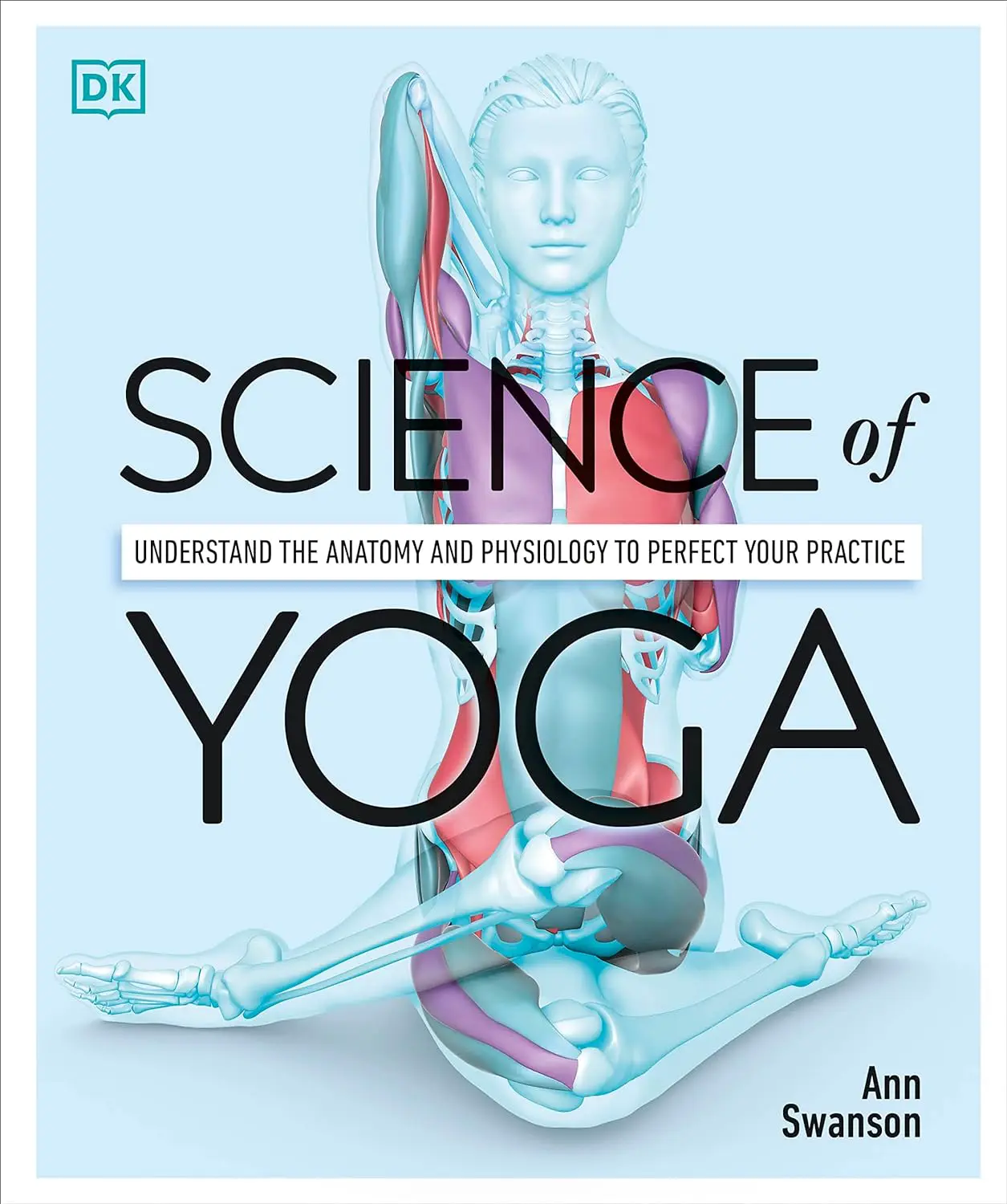What Are The Questions Commonly Asked About Yoga?

Looking for more amazing products? Check out our online store and explore our collection here! Happy shopping!
Before diving in, please note: This post is for informational purposes only. If you’d like to know more about how we approach topics, feel free to check out our friendly Disclaimer Page.
Hey there, amazing readers! 
We’re committed to delivering quality posts, and your support (even just sticking around despite the ads) means everything to us. So, bear with us, and thanks for helping us keep the good vibes rolling. Now, on to the fun stuff!
TRANSLATE BUTTON AT THE END OF THE ARTICLE
Yoga has been around for an incredibly long time and over that period different practitioners have added their own refinements and styles into the basic Yoga discipline.
There are so many different styles now it is nearly impossible to count, but they all stem from the same core philosophy and methodology.
Unfortunately the multiple different styles often lead newcomers to the exercise discipline to become very confused as to what they are doing and what they can hope to achieve with Yoga.
In this article we answer some of the common questions.
What is Yoga?
This question is the most common from newcomers.
Most people have a general idea but they are not sure where Yoga fits into the world.
Is it an exercise?
Is it a philosophy?
Is it a form of physical therapy?
Is it a spiritual process?
The answer is that to different people Yoga is all of these things.
At its core it is a group of exercises and poses which are very low impact and work by strengthening the body and increasing its flexibility through static exercise.
This means that each pose will ‘stretch’ a certain area and the body benefits from this stretch by increased blood flow and energy release.
Many of the exercises release tension from areas of the body that regular activities do not cater to.
Because Yoga is performed slowly and with a strong emphasis on correct breathing patterns there is also a strong mental and spiritual element to the exercise.
It is seen as a way of cleansing mind, body and spirit.
Do I Need To Be Religious To Get The Most Out Of Yoga?
As mentioned above Yoga is different things to different people.
There are many people in the world who perform Yoga purely for its spiritual benefits.
There are many others who perform Yoga purely for the physical benefits associated with it.
What you get out of Yoga will depend largely on your mindset, your openness to new ideas and your ability to let yourself fall fully into a meditative state.
For some people this is very difficult at first, but that is still not going to prevent them from getting the physical benefits associated with Yoga classes.
You will find that even if you do not have any strong spiritual base you will still benefit from an increase in your self-confidence and personal contentment.
Where Can I Do Yoga?
Practically anywhere.
Many people practice Yoga in their homes every day.
Others will go to the local park and practice Yoga with a group of friends.
To begin with, it’s a good idea to inquire at your local gym about yoga classes; many of them will hold them every day.
Even if they aren’t they will be able to tell you where the best place to learn yoga is.
Some local councils sponsor Yoga classes in their area in recognition of the benefits to people who exercise regularly.
One of the big advantages of a Yoga based exercise regime is that there is no expensive equipment to buy and then store around your house.
Some poses are assisted by cushions to support the body, but in general, the only thing you need is your body.
I’m Not Very Fit – Is Yoga for Me?
Yes.
So much so, One of the fantastic things about yoga is that the exercises and poses you will learn can be adjusted to your level.
Fitness isn’t usually a problem because the exercises are slow and often static, but your body will become better at performing them over time as your strength and flexibility improve.
Knowing your limit and ensuring that you don’t ‘ease up’ out of habit gains the best benefit.
Hopefully, you now have a good understanding of what yoga is and why you should be doing it.
Remember that yoga is something that, once learned, can be practiced anywhere and as often as you like.
Indeed, this is one of the key components of yoga’s popularity.
Misunderstandings About Yoga
Yoga is a very popular form of exercise and spiritual balancing, but it is also very often misunderstood by a lot of people.
This is almost inevitable when you consider the incredible popularity of yoga as a discipline and the many different strands that yoga has.
Quite often, people have experience with one type of yoga but not another, and as such, they will base their overall impression of yoga on what they have seen.
It is like people basing their impressions of Germans on the most famous German they know – Adolf Hitler, or more recently, the portrayal of George Bush internationally as the only example of an American anyone knows.
The truth is that yoga can be very different depending on who you learn it from and how they perceive yoga.
This article looks at some of the common misconceptions.
Misconception Number One: Yoga Is A Form Of Exercise.
Well, yes it is, but so is walking.
I can walk from my couch to my table and I can hardly claim to have done my exercise for the day.
The truth is that exercise is just the beginning of what yoga is.
It is closer to a combination of exercise, physiotherapy, psychology, and spirituality all rolled into one.
As you come to master yoga, you will need to become more and more mentally strong and, most importantly, disciplined.
If you can discipline yourself to do regular yoga sessions and maintain your discipline to do each pose for the prescribed time, and do it properly, then you will naturally become a very disciplined and organized person.
For some people, this transcends to a spiritual level because they are so efficient at clearing their thoughts while meditating.
Misconception Number Two: Yoga Is For Hippies
As previously mentioned, yoga can be a very spiritual experience if you become good enough at clearing your thoughts and concentrating whilst performing the exercises.
But you certainly do not have to begin with any spiritual belief.
Yoga believes in aligning the body, the mind, and the spirit through achieving inner balance.
What that means to you is probably going to depend entirely on what your beliefs already are.
For some people, it will be a spiritually freeing experience; for others, it will be an effective way of distressing and achieving a level of calmness of thought.
Still, others will claim that these things are one and the same.
Misconception Number Three: Yoga Is a Fad
Recently there have been some much hyped up Yoga courses making big claims about what Yoga can achieve.
These are easy to associate with other “fad” exercise crazes.
However, Yoga is not something new and is based on documents that are hundreds of years old that describe exercises and poses that were probably being performed for generations before that.
Individual styles of yoga may come and go, but as long as people are still stretching before a game of football, then yoga will still be used.
Misconception Number Four: Yoga Is Too Slow To Help Me Lose Weight/Gain Tone Etc.
This one is way off the mark, but we have been somewhat trained by the weight loss industry that weight loss and toning our bodies is all about hours in the gym and fast high impact exercise.
That’s simply not true.
Yoga can help with weight loss and particularly toning for a number of reasons.
Firstly, the exercises, while low impact and performed either statically or slowly – are still exercises.
While you use them, you are using your muscles, and in many cases, you are using muscles and muscle groups that regular exercise programs ignore.
The second way that yoga can be of benefit in a weight loss program is that it will increase your mental strength and allow you to be more disciplined with your food consumption.
When it comes down to it excess weight is a result of excess eating and not enough physical exercise to burn off those calories.
Have you ever noticed how some people can eat donut after donut and not put on any weight at all?
It seems unfair, but it’s a natural result of the state of their bodies. Usually these people will be quite ‘sinewy’ and this muscle allows them the metabolize food faster.
That’s the third benefit of yoga in weight loss.
As your muscles develop, your body will actually become more efficient at consuming foods and processing them into nutrients and waste.
Hopefully, we have now gone some way to explaining away the various myths associated with yoga.
It is such a broad topic that it is very much a case of yoga being what you make of it.

The Enlightenment Journey is a remarkable collection of writings authored by a distinguished group of experts in the fields of spirituality, new age, and esoteric knowledge.
This anthology features a diverse assembly of well-experienced authors who bring their profound insights and credible perspectives to the forefront.
Each contributor possesses a wealth of knowledge and wisdom, making them authorities in their respective domains.
Together, they offer readers a transformative journey into the realms of spiritual growth, self-discovery, and esoteric enlightenment.
The Enlightenment Journey is a testament to the collective expertise of these luminaries, providing readers with a rich tapestry of ideas and information to illuminate their spiritual path.
Our Diverse Expertise
While our primary focus is on spirituality and esotericism, we are equally passionate about exploring a wide range of other topics and niches 

To ensure we provide the most accurate and valuable insights, we collaborate with trusted experts in their respective domains 
Our blog originally focused on spirituality and metaphysics, but we’ve since expanded to cover a wide range of niches. Don’t worry—we continue to publish a lot of articles on spirituality! Frequently visit our blog to explore our diverse content and stay tuned for more insightful reads.
Hey there, amazing reader! 
Check out our store here and take a peek at some of our featured products below! Thanks for being awesome!












